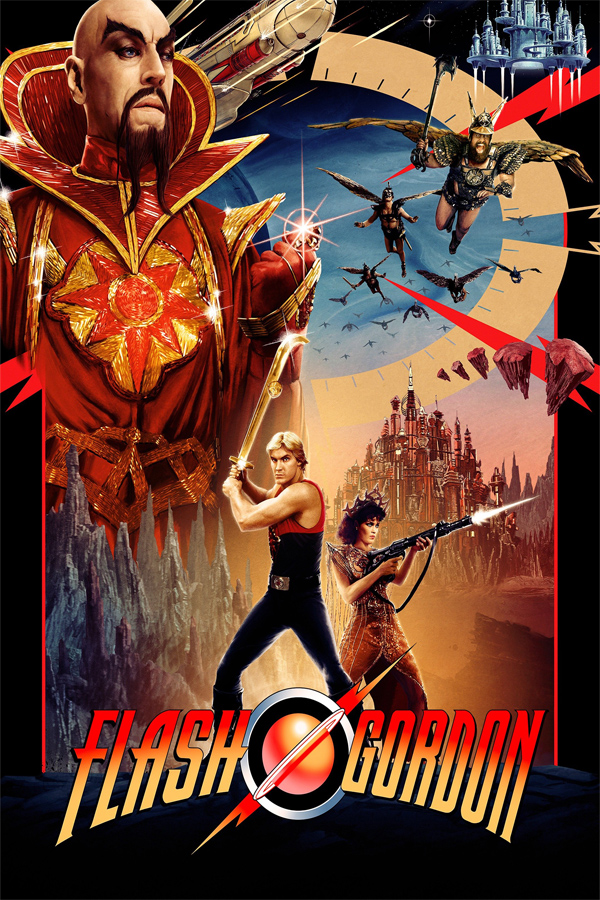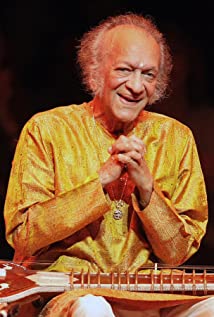Ravi Shankar (I)
Ravi Shankar was a world-renowned musician, composer, performer, and scholar of classical Indian music. He was one of the leading cultural figures of the twentieth century whose accomplishments placed him as the leading figure of an important musical tradition. His long and distinguished musical career included numerous recordings, performances at all the world's leading venues, and a series of unprecedented collaborations with other leading musicians. Although he is well known because of his interaction with the popular music world, it is important to underscore that Shankar is considered the leading international figure in a very elevated art form, Hindustani music. Shankar was born on April 7, 1920, in Varanasi, India. He moved to Paris in 1930, and received most of his education there. From the age of 12, he performed as a musician and dancer on tour in Europe and America with his brother Uday Shankar, and in 1939 had his first concert as soloist at a music conference in Allahabad. By 1945 Shankar's reputation as the leading performer of traditional Hindustani music on the sitar had coalesced. He began to branch out as a composer, writing music for ballet and for important films such as such as Dharti Ke Lal and Neecha Nagar. He also composed the song Sare Jahan Se Accha, which is one of the most widely known piece of music in India. In 1949, Shankar became Music Director of All-India Radio at Delhi, and founded the Vadya Vrinda Chamber Orchestra. During the years 1950-55 Shankar composed some of his most famous music, most notably in the internationally-acclaimed film studios of Calcutta, where he scored The Ray Triology. For his outstanding contribution to Indian music and culture, he received his first of five Presidential Awards in 1962, India's highest honor in the arts. In the mid-1960s, his preeminence as one of the world's leading serious musicians was augmented with wide popular success. George Harrison of The Beatles developed a deep, abiding interest in Hindustani music, and began to study with Shankar. One influence of this study can be heard in his song Within You, Without You. Shankar died in San Diego, California in 2012 at the age of 92.

